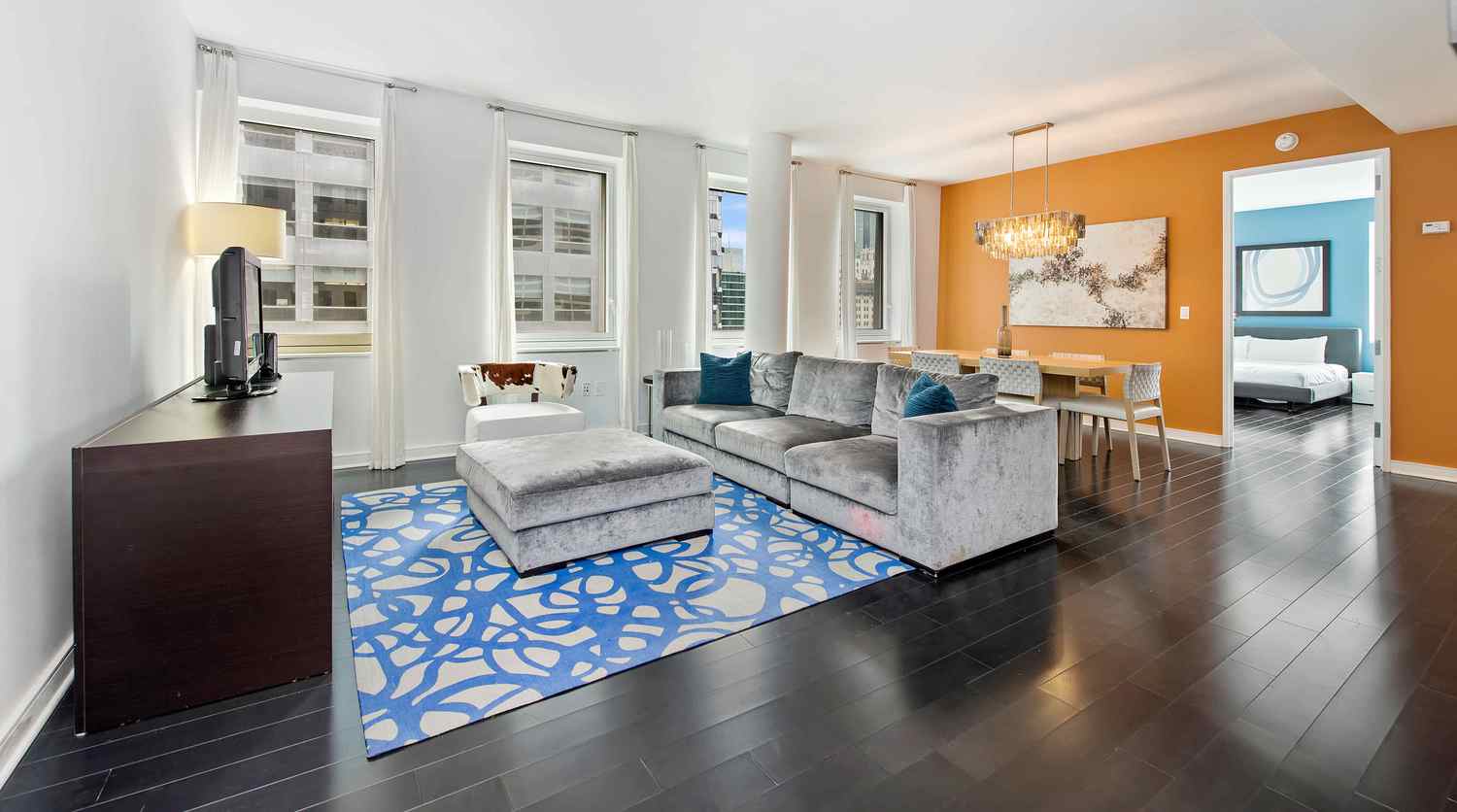Unless you’ve been living under a rock for the past seven years, you’ve probably heard of tech startup Airbnb. The online platform allows everyday homeowners (and renters– but we’ll get to that controversial subject later) to rent out extra bedrooms or even their entire home to those looking for an alternative to pricey, impersonal hotels.
In NYC, the use of Airbnb has become an especially hot topic with in the real estate world. But despite local governmental pushback, today, in the city’s most popular neighborhoods, as many as 1 in 5 apartments are listed on the site. So what does this mean for you, should you hop on the bandwagon, and how can you go about taking part legally? Bracha New York breaks it down.
The Appeal
It’s no secret that the cost of living in NYC has always been astronomical and remains on the rise. One of the most obvious perks of Airbnb is the ability to generate extra income, especially for those who like to travel.
While originally used primarily by young people with roommates in the hopes of reclaiming some of the money they would lose on rent while out of town, it has developed into a notable wealth management tool for a wide range of people, including this man who earned over $18,000 renting out his second bedroom in Astoria. Some people, like this SF resident, have even found ways to use it as their main source of income. In fact, a recent study has shown that Airbnb has brought over $1.15 billion in economic impact to the city.
The Drawbacks
While the idea behind Airbnb is to 1) provide an alternative to hotels and 2) help normal people generate a little extra income and rent out their rooms while they travel, in NYC in particular, the company has received major criticism for pushing up rents and facilitating the running of illegal hotel operations run by shady landlords. One study found that over 60% of NYC Airbnb listings were illegal whole-unit rentals and were available an average of 247 days a year, making the case pretty clear that these listings are not coming from your typical homeowner or renter.
On a personal level, concerns like the risk of a stranger trashing your apartment (the good: Airbnb offers up to $1M insurance on your property) or questions of whether they can end up squatting (the bad: Airbnb puts the onus on hosts to know their local laws and technically if a person is residing in your apartment for more than 30 days, you WOULD have to take them to court and go through a formal eviction process) are completely valid. While these situations rarely happen, they are definitely something to keep in mind.
Helpful Tips to Protect Yourself
There are a ton of benefits to renting out your home or part of it on Airbnb or the startup wouldn’t be as successful as it is, but due to all the negative attention given to illegal Airbnb listings in the city– along with the $2.8 million effort to crack down on them– it’s more important than ever for those who want to list their homes on Airbnb to “play by the rules.” Here are some things you should know about the regulations surrounding Airbnb:
- State law prohibits renting out an apartment for less than 30 days while the primary resident of the unit is away (the exception being if another permanent resident is still living there during the duration of the time that the guest is present).
- Condo and co-op boards (and even general rental leases) often have their own bylaws and restrictions written into your contract about subletting or short-term rentals. Make sure to check with your board or landlord to make sure you are not violating any rules.
- If you have questions, ask first. The Department of Buildings and Department of Financeare both great resources. Fines for violating NYC Housing laws are steep and will most definitely outweigh the income you brought in through Airbnb.
Have you hosted on Airbnb? How was your experience? We’d love to hear your stories in the comments below!

